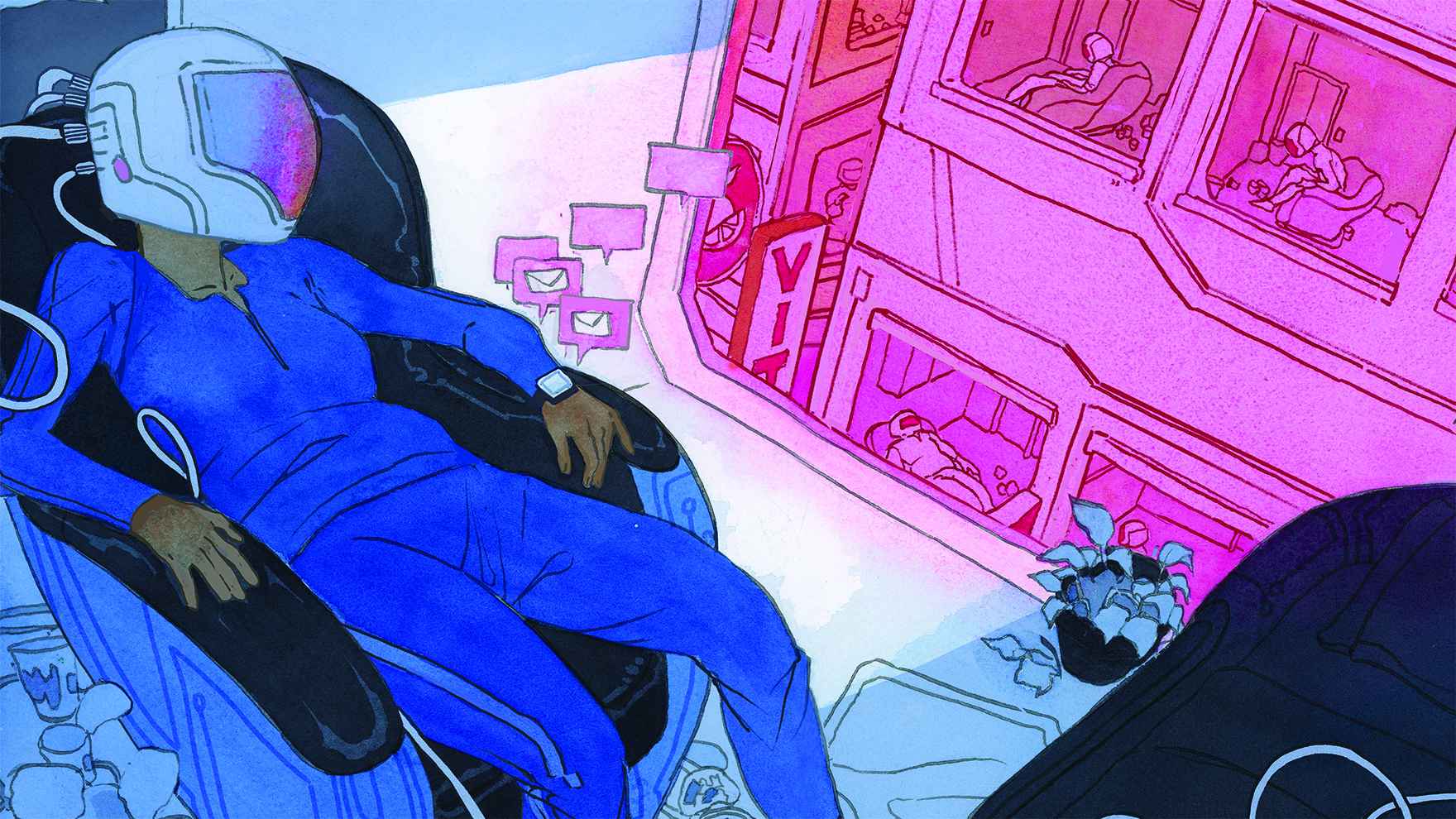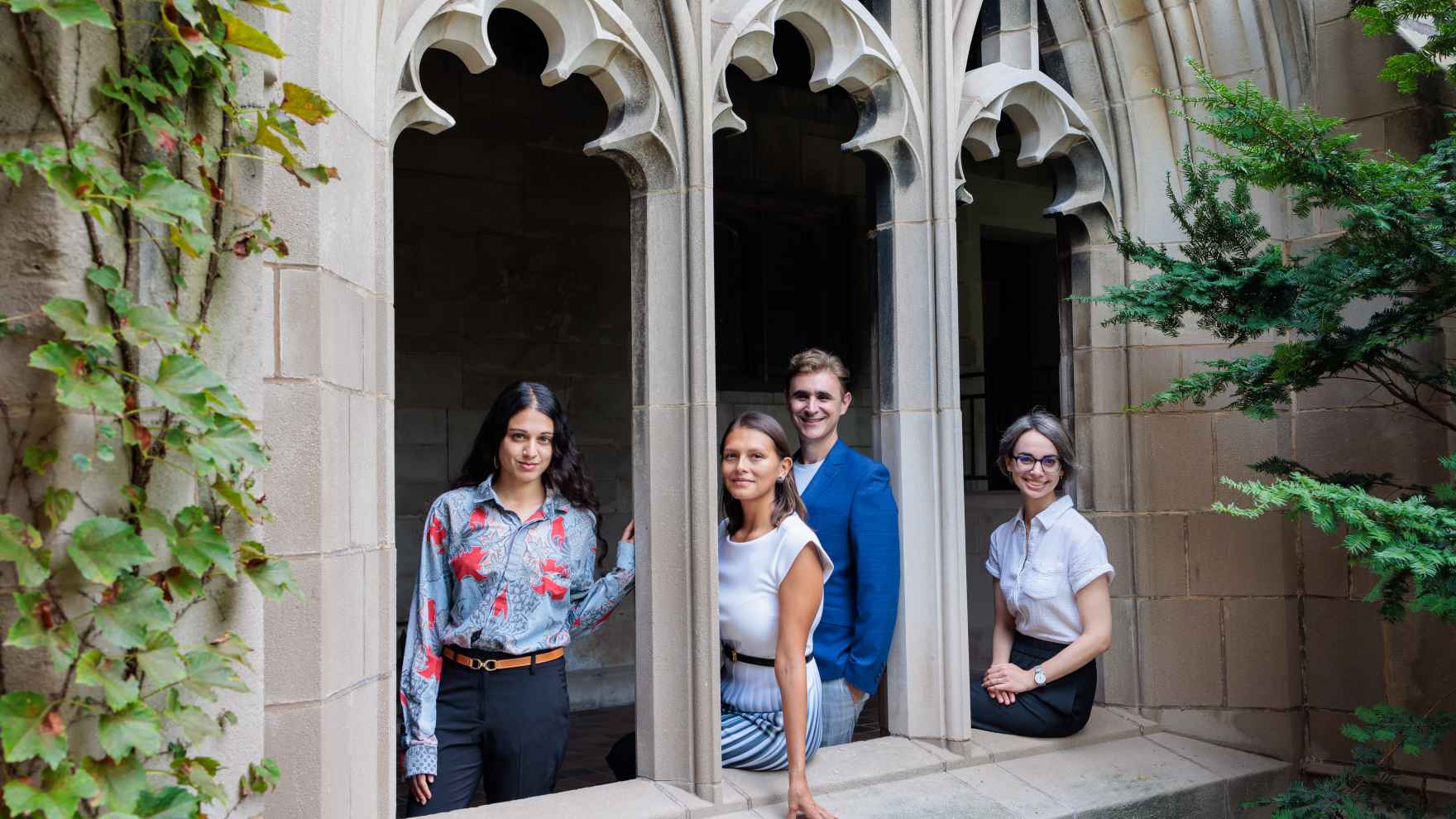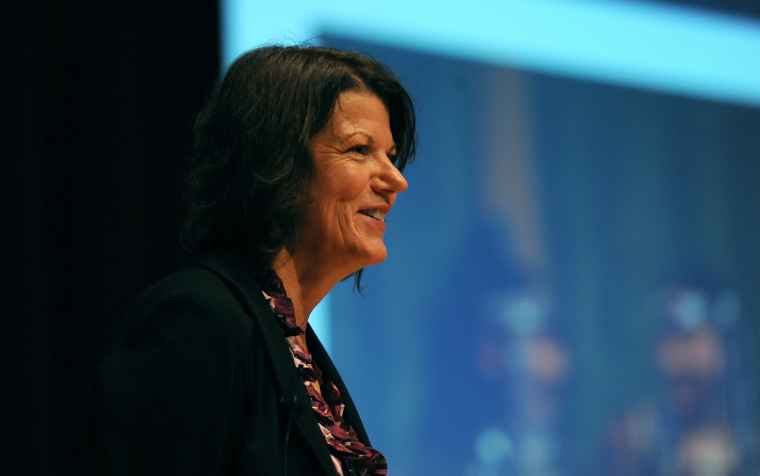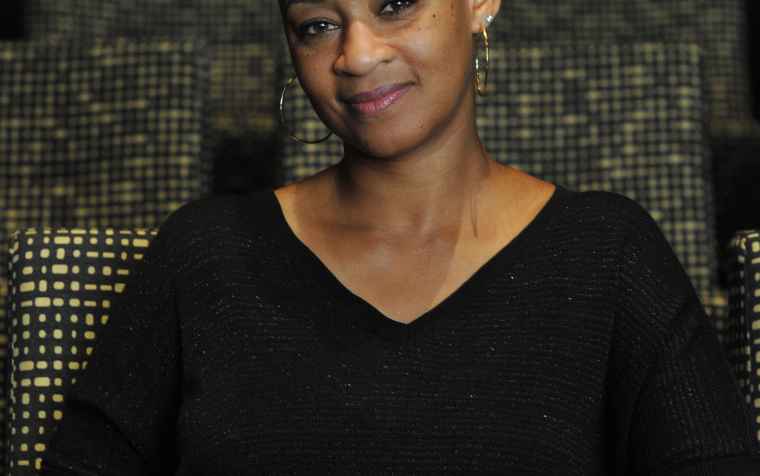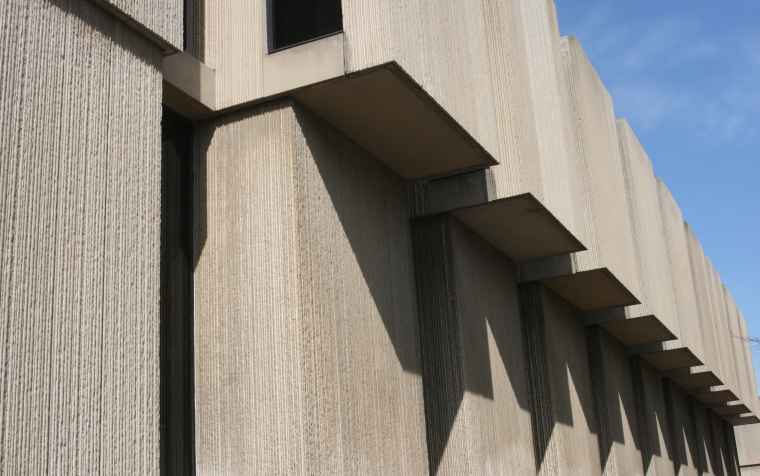Grant Awarded to UChicago to Preserve Endangered Urdu Periodicals
The University of Chicago recently received a £52,247 grant from the British Library’s Endangered Archives Programme to preserve sixty rare and endangered Urdu periodicals through digitization. The digital images will be produced at the Mushfiq Khwaja Library and Research Centre in Karachi, Pakistan, and will be available through the University of Chicago Library as well as the British Library. C.M. Naim, Professor Emeritus in South Asian Languages and Civilizations, will participate in the panel of Urdu scholars responsible for selecting the magazines and journals to be archived. “Thanks to the easy technology and low cost of litho printing, the only accepted form for Urdu script texts across South Asia, Urdu weeklies and monthlies began to appear in the 1870s,” Naim explains. “It was in the periodicals that all major modern writers and political and social figures made their debuts and gained popularity. And it is only in the periodicals that we can discover the full extent of many literary and political controversies that are only now beginning to gain the attention of scholars.” To read the full article, click here.
Connection between Magic and Medicine in Ancient World Discussed during Recent Lectures
In October at the Oriental Institute, several professors participated in the lecture series "Medicine and Magic in the Ancient World, A Search for the Cure", which sought to explore the connection between the physical and the psychological aspect of healing within ancient Mesopotamia, Egypt, and Greece. Robert Ritner, Professor in Egyptology, opened the series with his talk titled “The Theory and Practice of Medicine and Magic in Ancient Egypt”, Christopher Faraone, the Frank Curtis Springer and Gertrude Melcher Springer Professor in the Humanities, and the College, and Elizabeth Asmis, Professor in Classics, presented "Medical Healing in Ancient Greece". Walter Farber, Professor of Assyriology, discussed how people came to understand and fight against contagious diseases in his lecture titled "Diseases and Epidemics in Ancient Mesopotamia: Medical Conceptualization and Responses", while Robert Biggs, Professor Emeritus in Assyriology, focused on Mesopotamian religious practitioners and their approach to illness and misfortune in his talk "Religious and Magical Elements in Babylonian Medical Practice." The series closed on October 27 with a presentation by John Wee, a postdoctoral scholar in Near Eastern Languages and Civilizations, titled "Mesopotamian Texts and the Knowledge Assumptions of Medical Diagnosis". To find out about upcoming lectures at the Oriental Institute, please visit their Events and Programs web page.
Michael Bourdaghs's New Book Traces Japanese Pop Music from post-WWII to 1990s
Michael Bourdaghs, Associate Professor in East Asian Languages and Civilizations, reveals the history of previously unrecorded concerts of iconic Japanese artists such as Misora Hibari and Yamaguchi Yoshiko in his new book, Sayonara Amerika, Sayonara Nippon: A Geopolitical Prehistory of J-Pop. As the article details, the source material for this work was discovered in 2009, when a Canadian collector contacted Bourdaghs after procuring unmarked wire recordings from eBay that they suspected were of Yamaguchi and Misora. This discovery enriched Bourdaghs's book, which tracks Japanese pop music from 1950--the first year Japanese performers were permitted to travel overseas since the end of World War II--to the early 1990s. In his work, Bourdaghs argues that pop music became a way of working through tensions between Japan and the United States. To listen to music clips or watch video samples, check out the book's online companion.
New Oriental Institute Curated by Graduate Student
Rozenn Bailleul-LeSuer, a PhD candidate in Near Eastern Languages and Civilizations studying Egyptology, curated "Between Heaven and Earth: Birds in Ancient Egypt," which is on display at the Oriental Institute Museum until July 28, 2013. A variety of events accompany the exhibit, including a free public symposium on November 10 and a free guided tour with Bailleul-LeSuer on November 14.
From the article:
The exhibit includes several mummified birds along with 40 artifacts that emphasize how omnipresent birds were in ancient Egyptian culture. Those birds included ducks, ibises and other waterfowl as well as eagles, vultures and falcons, as well as more exotic birds such as ostriches. Some birds lived in the wild along the Nile while others were domesticated.
The exhibit primarily showcases objects from the Oriental Institute, many of which have never been exhibited, such as the legs for a folding stool that are beautifully inlaid in ivory in imitation of duck heads, the mummy of an eagle with remains of gilding, and a small bronze coffin topped with a figure of a falcon wearing a crown.
To learn more about the exhibit and register for affiliated events, please visit the Oriental Institute's Special Exhibit Events website.
